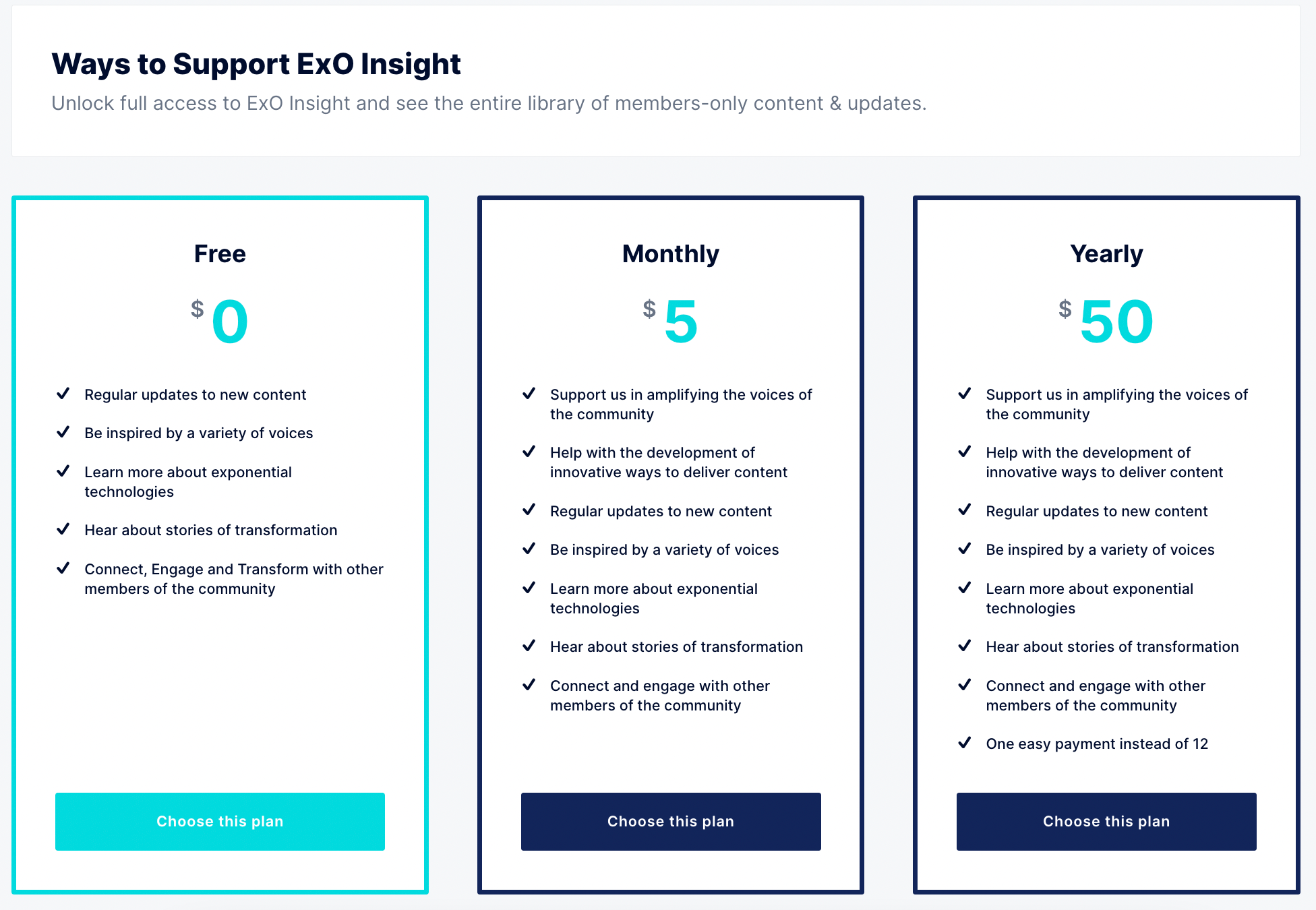
Innovation Behind Data: Why it’s The New Oil Well in Your Business
Data is crucial to any organization's efforts to establish digital resiliency – the ability for an organization to rapidly adapt to business disruptions by leveraging digital capabilities to restore business operations and capitalize on the changed conditions.
Companies need to develop a corporate culture-centred on using data, collaborating with data, and innovating with data, making this culture a component of their identity. Whether it is the purchase of new real estate for your company or your cybersecurity strategy, you need to analyze enough data, so you do not make any missteps.
Collecting, processing, and drawing relevant conclusions from different data sources is the innovative strategy for your organization’s success.
“Without data, you’re just another person with an opinion”
To say this phrase was Founding Father of Total Quality Management, W. Edwards Deming. According to Professor Deming, without data, we make decisions based on instinct and experience and have endless meetings where "in my opinion" and "I believe that" are wasted.
As you read from the title, data is the raw material that enables enterprise business analytics to work. And like any raw material, it needs to be present to feed the production process. It also needs to be of quality to enable the final product (in this case, information). However, it is necessary to assess whether the data possess some of the following important characteristics:
- Accuracy: closeness of the data to reality. The more accurate they are, the more you can rely on them to generate information.
- Consistency: if two or more data refer to the same phenomenon, they must match.
- Completeness: the presence of as much data representative of the business unit as possible.
- Accessibility: the data must be readily available by those who need to use it.
- Timeliness: time from when the data are collected to when they are used.
- Relevance: the data the company has must be only that which it needs.
An IDC Report has identified three reasons why the world should store more of the data it creates: [1]
First, data is crucial to any organization's efforts to establish digital resiliency – the ability for an organization to rapidly adapt to business disruptions by leveraging digital capabilities to restore business operations and capitalize on the changed conditions. Data enables digital resiliency because business is dependent on data.
Second, digitally transformed companies use data to develop new and innovative solutions for the future enterprise. Companies are quickly discovering that having more data helps affirm the direction they are heading and creates opportunities to launch new revenue streams in their seemingly saturated product portfolios.
Third, companies must monitor the pulse of their employees, partners, and customers to maintain the high levels of trust and empathy that ensure customer satisfaction and loyalty. Data is the source for this pulse.
Moreover, for those who decide to improve the way they use data in an organization, the bet seems to be a winning one: growth, new market share, and innovation. Therefore, it is not strange that employers expect employees to know how to use data, at least to some extent.
All of this also involves democratizing access to "data literacy" training and requires the use of intuitive, enterprise-wide tools. Most of the investment in these skills is currently reserved for roles that deal directly with data, with 13 percent of the customer service team, 11 percent of the finance team, and 9 percent of the sales team benefiting. This is a lack of foresight because only when most employees have these skills and can help themselves with interactive and customized interfaces can they be helpful in exploring data and collaborating on its use. Only in this way will everyone be able to make better, informed decisions. [2]
Data literacy opens our eyes and enables us to succeed in the digital revolution, Jordan Morrow explains it to us in a TedX below [3] :
Therefore, the transformation into a data-driven company cannot happen with technology alone but with a change management journey that can bring data culture to all levels of the company. Today's CEOs and managers need information to help them understand what the future holds for them. Having correct, fresh, and frequently collected data is critical.
Once meaningful data has been identified, companies must collect the data, govern it, protect it, and analyze it, which involves understanding the role Artificial Intelligence and Machine Learning, IoT, and Advanced Analytics play in managing large volumes of data, so-called Big Data. You can learn more with: Fundamentals of Machine Learning for Predictive Data Analytics, second edition: Algorithms, Worked Examples, and Case Studies
It is therefore necessary to understand what it is possible to obtain today from these tools: used in predictive data analytics applications, including price prediction, risk assessment, predicting customer behavior, and document classification.
Finally, using data to make real-time decisions offers enormous opportunities but runs the risk of trampling on privacy and security rights. These are critical issues that cannot be considered passively: data-driven strategies must include at the outset the protection of the company and its audience from cyber threats [4] and a robust defense of customer data. Data is the new form of power, but with power comes responsibility.
References:
[1] IDC Report, Data Creation and Replication Will Grow at a Faster Rate than Installed Storage Capacity, According to the IDC Global DataSphere and StorageSphere Forecasts, March 2021
[2] Econopoly, È tempo di agire in base ai dati: ecco un vademecum per i leader d’azienda, May 2022
[3] Jordan Morrow, Why everyone should be data literate, TEDxBoise https://www.youtube.com/watch?v=8ovyQZ_Z8Xs , June 2019
[4] Nadya Bartol, Better cybersecurity starts with honestly and accountability, https://www.youtube.com/watch?v=PzJLO-OsEJo, June 2021

ExO Insight Newsletter
Join the newsletter to receive the latest updates in your inbox.









